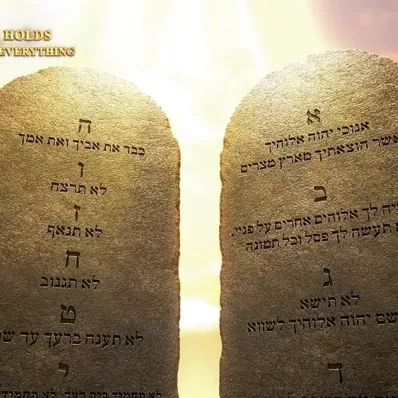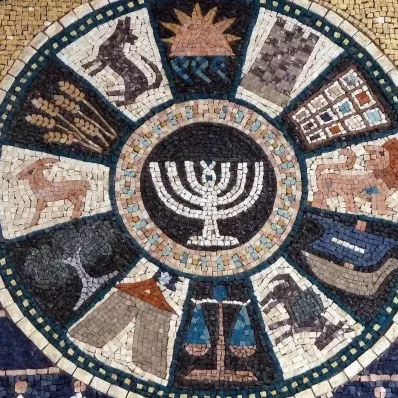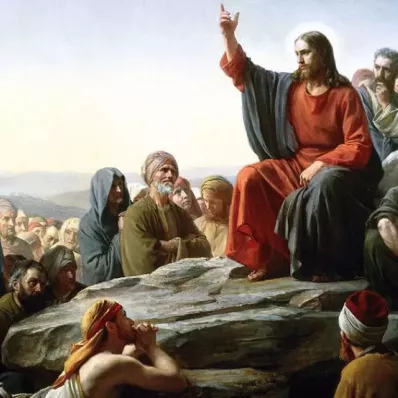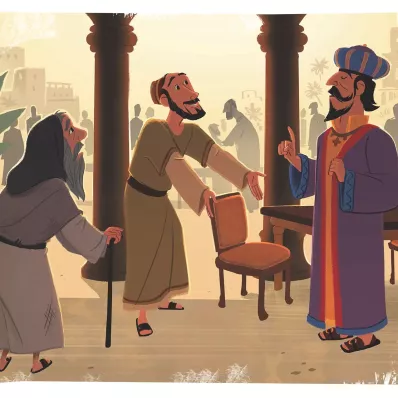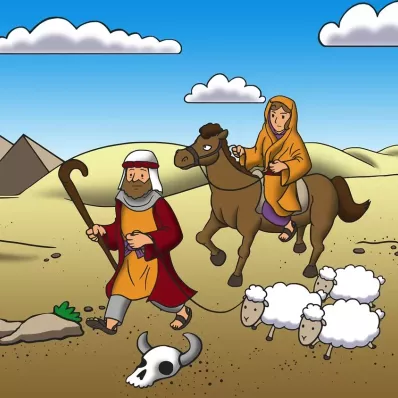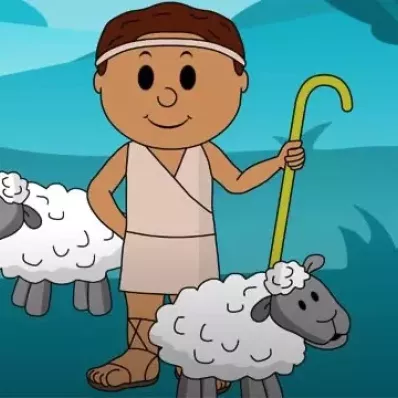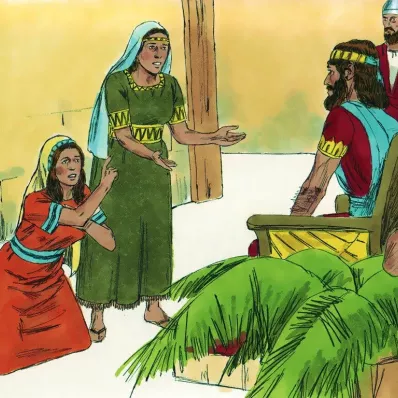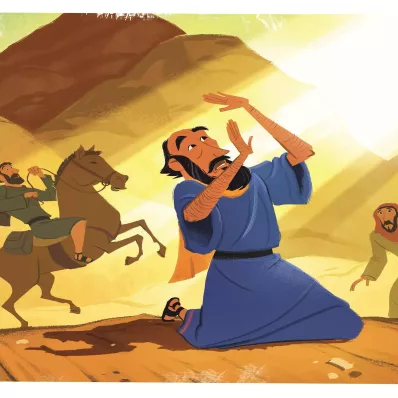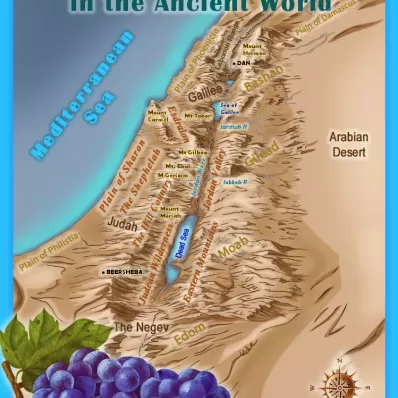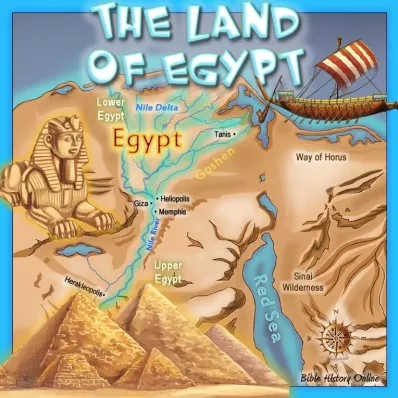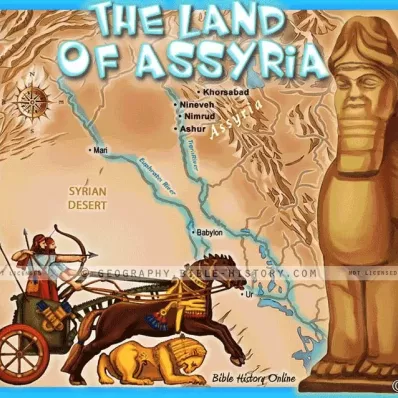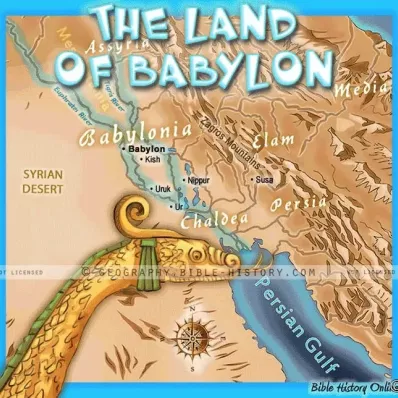Apostle
a person sent by another; a messenger; envoy. This word is once
used as a descriptive designation of Jesus Christ, the Sent of
the Father (Heb. 3:1; John 20:21). It is, however, generally
used as designating the body of disciples to whom he intrusted
the organization of his church and the dissemination of his
gospel, "the twelve," as they are called (Matt. 10:1-5; Mark
3:14; 6:7; Luke 6:13; 9:1). We have four lists of the apostles,
one by each of the synoptic evangelists (Matt. 10:2-4; Mark
3:16; Luke 6:14), and one in the Acts (1:13). No two of these
lists, however, perfectly coincide.
Our Lord gave them the "keys of the kingdom," and by the gift
of his Spirit fitted them to be the founders and governors of
his church (John 14:16, 17, 26; 15:26, 27; 16:7-15). To them, as
representing his church, he gave the commission to "preach the
gospel to every creature" (Matt. 28:18-20). After his ascension
he communicated to them, according to his promise, supernatural
gifts to qualify them for the discharge of their duties (Acts
2:4; 1 Cor. 2:16; 2:7, 10, 13; 2 Cor. 5:20; 1 Cor. 11:2). Judas
Iscariot, one of "the twelve," fell by transgression, and
Matthias was substituted in his place (Acts 1:21). Saul of
Tarsus was afterwards added to their number (Acts 9:3-20; 20:4;
26:15-18; 1 Tim. 1:12; 2:7; 2 Tim. 1:11).
Luke has given some account of Peter, John, and the two
Jameses (Acts 12:2, 17; 15:13; 21:18), but beyond this we know
nothing from authentic history of the rest of the original
twelve. After the martyrdom of James the Greater (Acts 12:2),
James the Less usually resided at Jerusalem, while Paul, "the
apostle of the uncircumcision," usually travelled as a
missionary among the Gentiles (Gal. 2:8). It was characteristic
of the apostles and necessary (1) that they should have seen the
Lord, and been able to testify of him and of his resurrection
from personal knowledge (John 15:27; Acts 1:21, 22; 1 Cor. 9:1;
Acts 22:14, 15). (2.) They must have been immediately called to
that office by Christ (Luke 6:13; Gal. 1:1). (3.) It was
essential that they should be infallibly inspired, and thus
secured against all error and mistake in their public teaching,
whether by word or by writing (John 14:26; 16:13; 1 Thess.
2:13).
(4.) Another qualification was the power of working miracles
(Mark 16:20; Acts 2:43; 1 Cor. 12:8-11). The apostles therefore
could have had no successors. They are the only authoritative
teachers of the Christian doctrines. The office of an apostle
ceased with its first holders.
In 2 Cor. 8:23 and Phil. 2:25 the word "messenger" is the
rendering of the same Greek word, elsewhere rendered "apostle."



